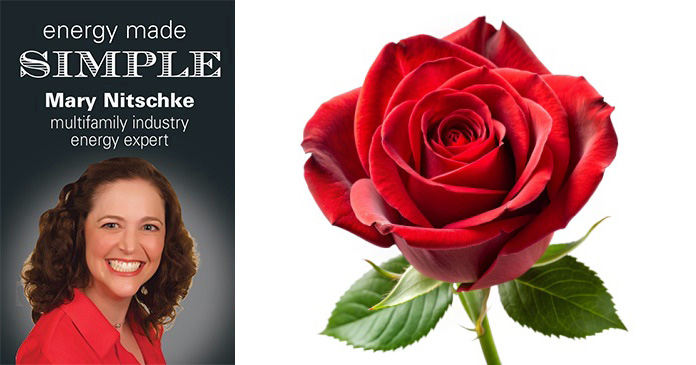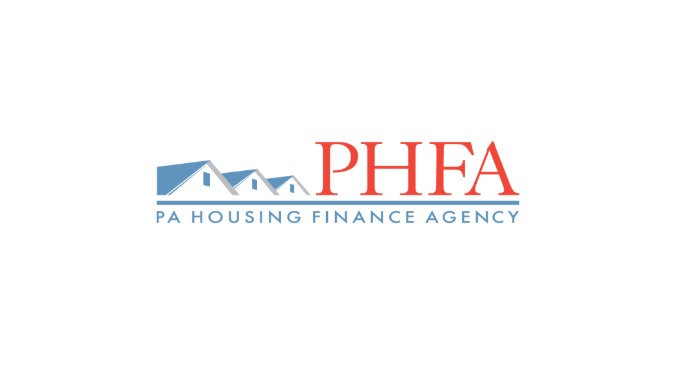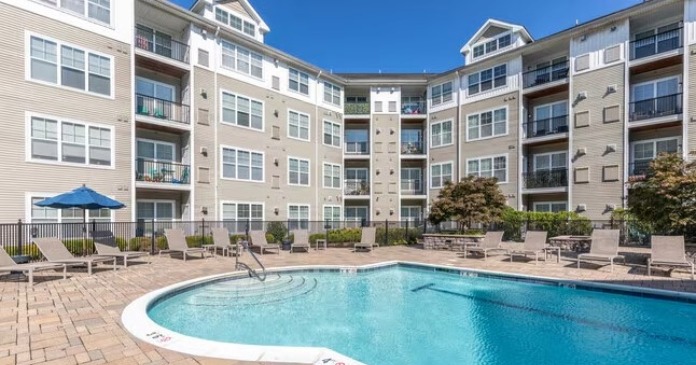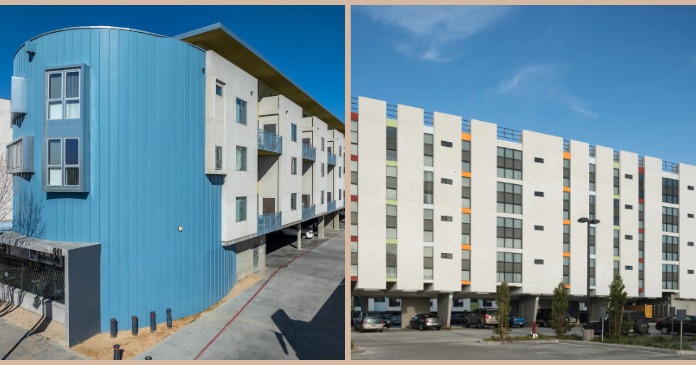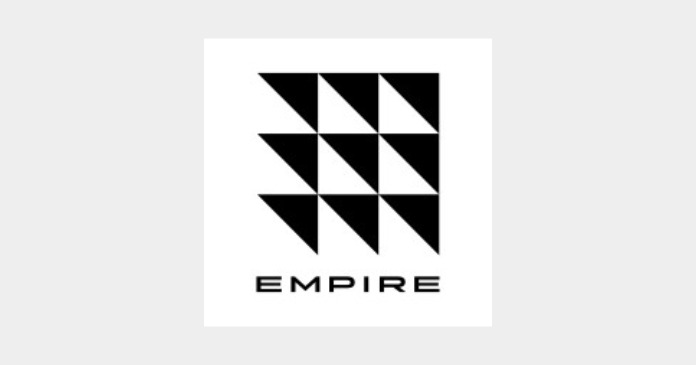So last week, we talked about Caddy Shack. It is a perfect segway into Shakespeare.
In Shakespeare’s “Romeo and Juliet” Juliet from her balcony contemplates her love for Romeo despite her family’s feud with his family.
“What is in a name?” she ponders.
“That which we call a rose by any other word would smell as sweet.”
Juliet says this to convey that the naming of things is irrelevant to the value of those things. For example, if coffee could not be called coffee suddenly changed its name to “Go Go Morning Juice” I would still drink it and celebrate its jittery goodness. The value of the beverage would not change.
Which is why, when I see people avoid the term “sustainability” because of backlash, I just shake my head.
I propose to you to consider, when you replace an incandescent light bulb with an LED that uses half as much energy (and thereby cuts your operating cost in half), do you care if it’s called “sustainability” or “efficiency”, “green” or “{Insert Term Here}.”
Similarly, I have seen residents refer to a building with good indoor air quality and ventilation, not as a healthy building but as “good smelling.” And yes, those residents paid higher rent to be in a good smelling building.
When I started my career in multifamily, everything within the spectrum of utility management fell under “ancillary services.” It then migrated to “energy management” and then “sustainability” and then “ESG.” The term changed every 8 years, but the practices of creating value through management of resources and mitigating risk were still the same.
In 2023 Cushman and Wakefield, as part of their “Green is Good” series, indicated that green certified multifamily properties yield an over 9% higher purchase price than those in the same markets that were not certified. This report, when combined with Greystar’s 2024 resident survey in which four of the ten amenities that residents want are “sustainability” features, strongly indicates both investor and consumer preferences for sustainability. The bottom line: integrating sustainability into our product yields higher performance.
A rose by any other name would still smell just as sweet. So, sustainability would, were it not sustainability called, retain its financial return without that name. The point is, do not get stuck on the words. Focus on the fundamentals and the value will still smell just as sweet.


